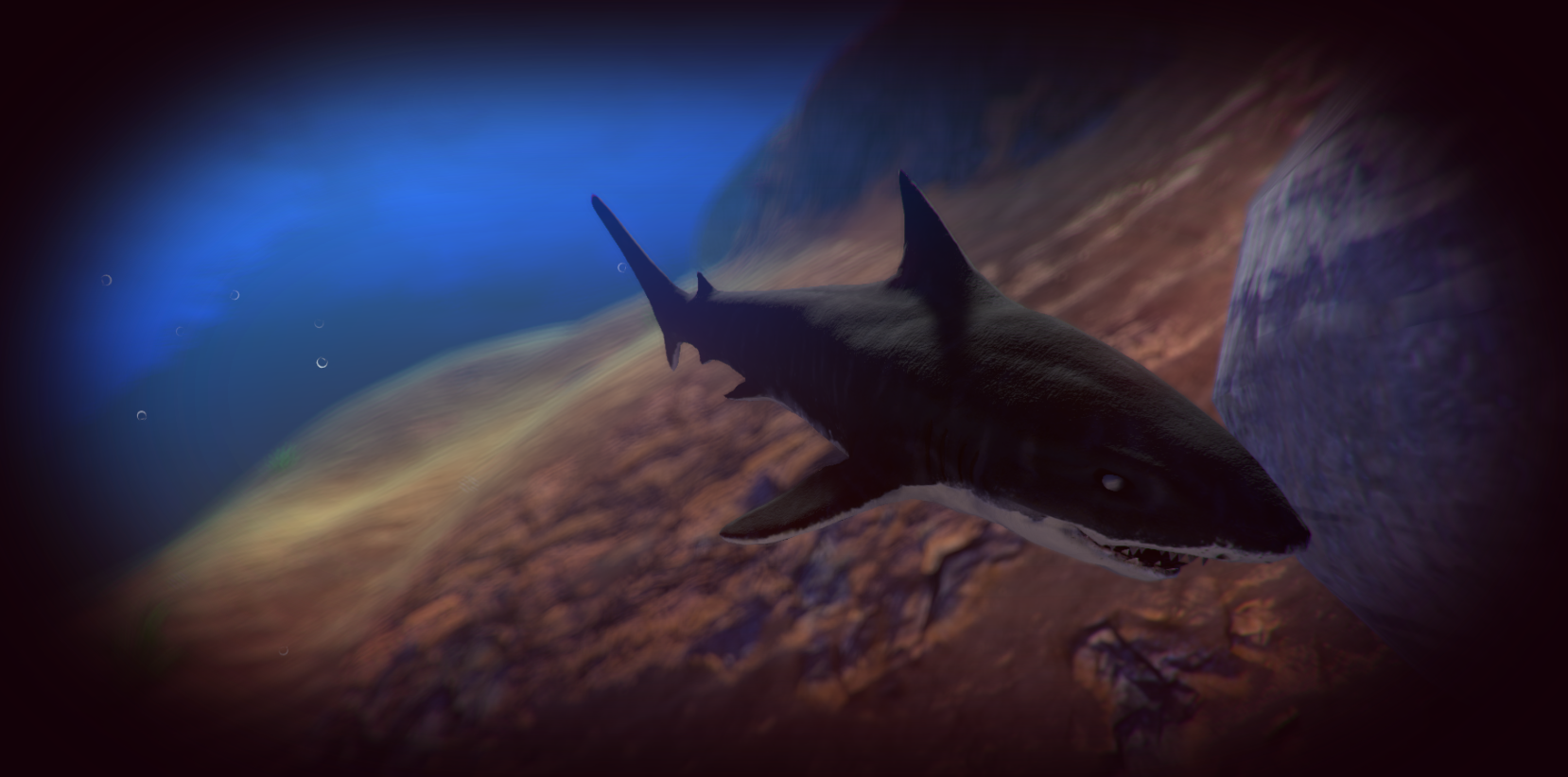

And some researchers have been surprised by how fast they learn. Despite their reputation as lone hunters, great whites will cooperate with one another, hunting in groups and sharing the spoils. Its prey, including seals and dolphins, are very clever animals, and the shark has to have enough brains to outsmart them. And then there are the teeth - 300 total in up to seven rows.īut more than brawn, the great white shark has a tremendous brain that coordinates all the highly-developed senses of this efficient hunter. The torpedo shape of the great white is built for speed: up to 35 miles per hour (50 kilometers per hour). Some make journeys from the Hawaiian Islands to California, and one shark that swam from South Africa to Australia made the longest recorded migration of any fish.

These sharks are top predators throughout the world's ocean, predominantly in temperate and subtropical waters. When great whites gather, they seem to show different behaviors, from open-mouthed gaping at one another to assertive body-slams. Many scientists now believe that great white sharks are intelligent, highly inquisitive creatures. Great White Sharks are powerful swimmers, capable of going 50 kph/35 mph. Life & Natural History Intelligence & Anatomy Brains over Brawn If not stopped, it could lead to the extinction of this ancient species.įor more about all shark species go to our shark overview. In some areas great white populations have plummeted by over 70%. Pollution: toxins and heavy metals that build up in the shark's body. Nets: placed along coastlines to keep sharks away from beaches. Illegal hunting: sportfishing for shark jaws as trophies. Illegal poaching: selling shark fins for soup. By-catch: the accidental killing of sharks by fishermen's longlines and trawlers. As the top predators in the ocean, great white sharks ( Carcharodon carcharias) face only one real threat to their survival: us. These animals are uniquely adapted to their ocean environment with six highly refined senses of smell, hearing, touch, taste, sight, and even electromagnetism. Their ancestry dates back more than 400 million years, and they are one of evolution’s greatest success stories.


 0 kommentar(er)
0 kommentar(er)
